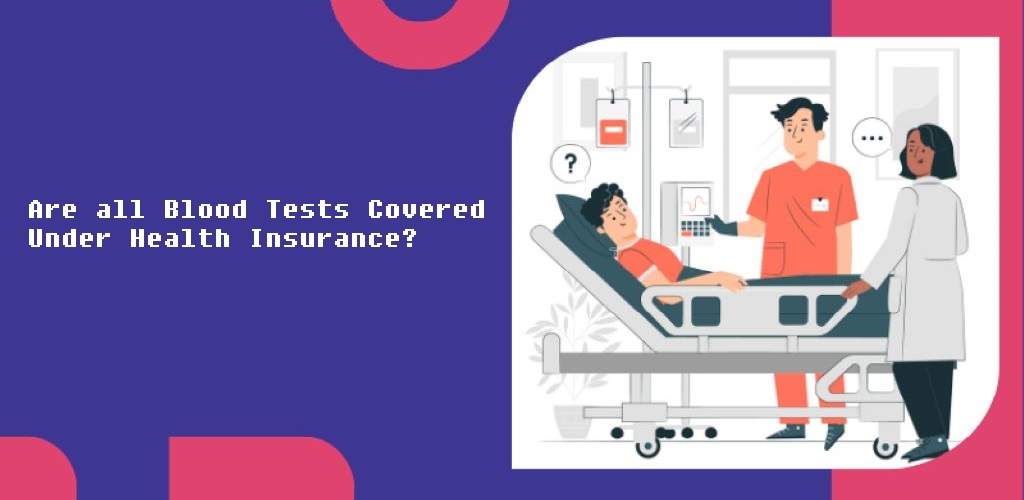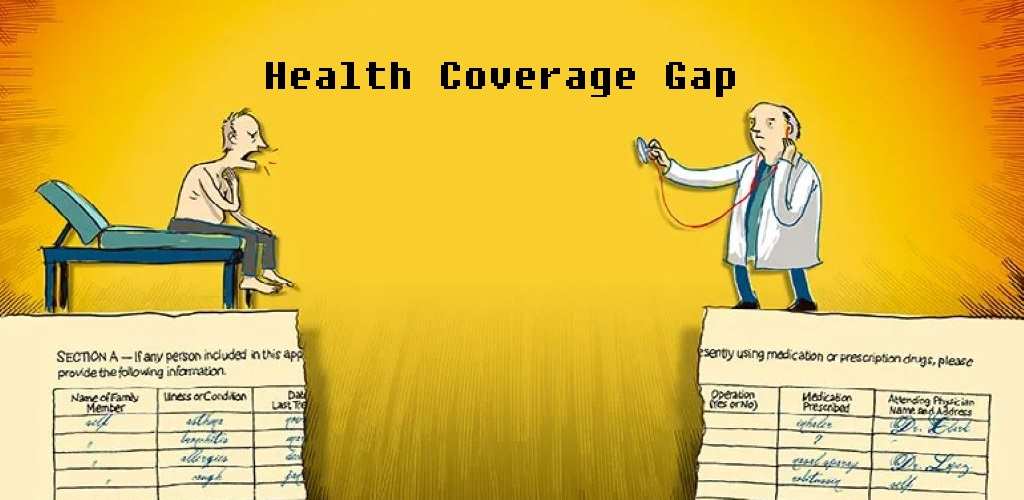Do you know if death is covered by health insurance?
Well, the answer to that is a simple “no”!
The death of the insured is not covered by health insurance plans in India. Health insurance plans are only designed to look after the medical expenses of the policyholder. In case of a situation where a policyholder dies, a health insurance plan will be of no use.
Now, you might be wondering- why is it so? Let’s cut to the chase and know the reason behind it.
Why Is Death Not covered under health insurance?
As discussed above, these plans are made to take care of a person’s medical needs. The medical, surgical, and hospitalization needs of the insured are covered by the health insurance plans that are available on the market. In situations like a medical emergency, OPD (outpatient department) consultations, a pre-planned hospital stay, and diagnostic services, it would pay for any medical costs that would be incurred.
In this situation, your chosen plan will also have a big impact. Because of this, if the policyholder dies within the coverage period, the insurance would not provide any coverage benefits.
Types of Policies and Examples of How Death Affects Health Insurance
Here are the types of health insurance policies along with their death benefit. Let’s understand them in detail!
1. Individual health Insurance Policy
An individual health insurance plan, as the name suggests, is specifically designed for an individual. In this kind of health plan, the policyholder is entitled to the full amount of the sum insured. They are capable of making claims against hospitalization, including a multitude of benefits like ambulance costs, daycare treatments, and more.
The policy will expire upon the death of the policyholder if the Individual Health Plan only covers the one covered person. If the policyholder passes away while being treated at the hospital, the family member may file a claim in this situation.
Example:
Mr. Arman Malik who works in an MNC, i.e., Infosys bought a health insurance policy to safeguard his health and money against rising medical policies. Under the policy, he was the only one insured though he appointed his wife as the nominee. A few months later, he had a crash with another car and an accident happened he was admitted to the hospital wherein he got multiple injuries.
During the time, he was eligible to get the claim for hospitalization expenses as he appointed his wife as the nominee. In other cases, if Mr Malik had not been appointed as the nominee, then she will not have received the claim amount.
In such cases, the insurance company seeks a succession certificate from the court of law and pays the claim amount to the next of kin.
2. Family Floater Health Plan
If the primary covered person passes away, a Family Floater Health Insurance Policy continues to provide coverage to the other insured people. The next member of the family must notify the insurance company of the death if the person paying the premium passes away. Attempts will be made by the insurer to add an endorsement to the current policy and deliver the revised policy information.
Example:
A software engineer, named Ms Tara Mehta already has a family health plan where her father was the only insured number. But due to some unusual circumstances, her father died of natural causes during the policy period.
Unfortunately, the trauma led Tara to meet an accident on the road when she was driving. She was then hospitalized. Although the health insurance policy is still active, Ms Mehta had no clue about the coverage benefits.
Ms Mehta, her two siblings, and her mother were all able to maintain their health insurance coverage because of the Family Floater Policy’s death benefit. But because she was unaware of her father’s insurance, she had to pay for the therapy alone.
3. Critical Illness Plan
Upon the diagnosis of a condition on the policy’s list, the covered person will get a lump sum payment. A Critical Illness plan often does not provide a death benefit. In reality, to file a claim, the insured individual must endure for a predetermined number of days following diagnosis. If the insured member passes away during this period, the policy is null and invalid.
Example:
Mr. Dhanraj Walia, who is a renowned businessman in New Delhi, purchased a Critical Illness Health Plan that included coverage for cancer. Things were going smoothly with Mr. Dhanraj. But right after 3 months of purchasing the plan, he was diagnosed with a disease. The survival period under Mr. Walia’s health plan was 20 days, but unfortunately, he passed away 15 days after the diagnosis.
In that case, the insurance company could not pay the death benefit to his family under the terms of the policy.
4. Senior Citizen Health Insurance
An individual health insurance policy and this sort of health insurance plan are comparable. However, those beyond the age of 60 are eligible for the benefits. If the insured person passes away, the policy is no longer in effect.
Example:
Let’s take an instance to understand!
For his father, who is now widowed, Mr. Mridul Thakur purchased a Senior Citizen Health Plan. His father eventually passed away from old age. The health plan was terminated when the insurance company paid the necessary treatment costs; there was no death benefit under the terms of the policy.
Note: To truly understand the coverages, benefits, and exclusions of your health insurance plan, please refer to the policy wording.








